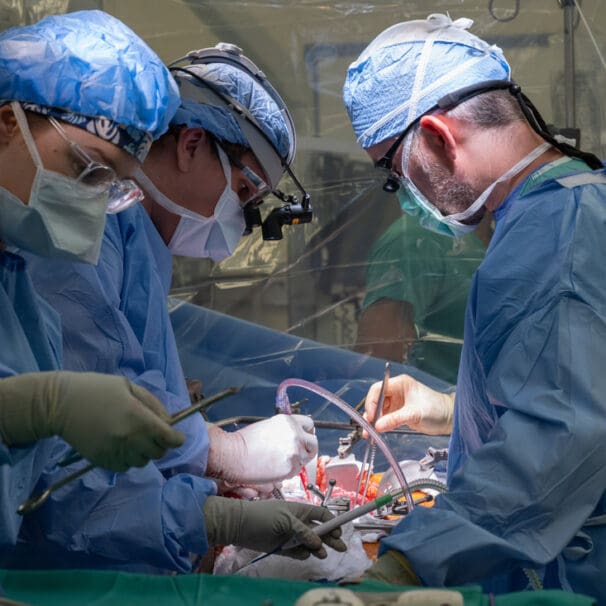HealthProviders DB is a comprehensive database of healthcare providers, including a complete directory of all Transplant Hepatology Physicians.
Internal Medicine Healthcare Taxonomy Code 207RT0003X
As of today, the following are the total number of Transplant Hepatology Physicians nationally, in your State, and near your location.
Select a State below to view the list by State. Additionally, you can narrow the list by city, among other options, from the Filter Panel, which you can open by clicking the vertical ellipses ⋮ in the upper right corner of the app.
Alaska – Alabama – Armed Forces Pacific – Arkansas – American Samoa – Arizona – California – Colorado – Connecticut – District of Columbia – Delaware – Florida – Federated States of Micronesia – Georgia – Guam – Hawaii – Iowa – Idaho – Illinois – Indiana – Kansas – Kentucky – Louisiana – Massachusetts – Maryland – Maine – Marshall Islands – Michigan – Minnesota – Missouri – Northern Mariana Islands – Mississippi – Montana – North Carolina – North Dakota – Nebraska – New Hampshire – New Jersey – New Mexico – Nevada – New York – Ohio – Oklahoma – Oregon – Pennsylvania – Puerto Rico – Palau – Rhode Island – South Carolina – South Dakota – Tennessee – Texas – Utah – Virginia – Virgin Islands – Vermont – Washington – Wisconsin – West Virginia – Wyoming
Medicare
The following are the total number of Transplant Hepatology Physicians who accept Medicare in your State, the number who have opted out of Medicare, and the total number excluded from participation in Medicare nationwide.
The diagram below shows all theTransplant Hepatology Physicians across the country, represented by blue bubbles. The larger the bubble, the greater the concentration of providers in that area. Red bubbles represent Medicare-excluded providers, with the larger bubbles indicating a higher percentage of excluded providers in that region. You can change the bubble size to be based on exclusions from the Size menu.
What do Transplant Hepatology Physicians do?
Transplant hepatology physicians specialize in diagnosing and treating advanced liver diseases, particularly those that may lead to or have resulted from a liver transplant.
They provide care for patients before, during, and after a liver transplant, managing complex liver conditions and overseeing crucial aspects like immunosuppressive medications to prevent organ rejection.
These physicians work as part of a multidisciplinary team, collaborating with surgeons, dietitians, and other specialists to ensure optimal patient outcomes.
What they do
Collaboration: They work closely with a team of specialists, including transplant surgeons, interventional radiologists, and psychiatrists, to provide holistic patient care.
Pre-transplant Care: They evaluate patients to determine their eligibility for a liver transplant, assess their overall health, and manage their end-stage liver disease leading up to the procedure.
Post-transplant Care: They provide comprehensive long-term care to transplant recipients, monitoring for complications and managing immunosuppressive medications.
Diagnosis and Treatment: They are experts in diagnosing and treating a range of liver conditions, including cirrhosis, hepatitis, liver failure, and liver cancers.
Management of Complications: They treat side effects of immunosuppressive drugs and address any transplant-associated infections.
Transplant Hepatology Training and Education
To become a transplant hepatologist, a physician must complete:
- Internal Medicine residency.
- Gastroenterology fellowship.
- Transplant Hepatology fellowship, which involves a year of specialized training in liver transplantation.
- Board certification.

